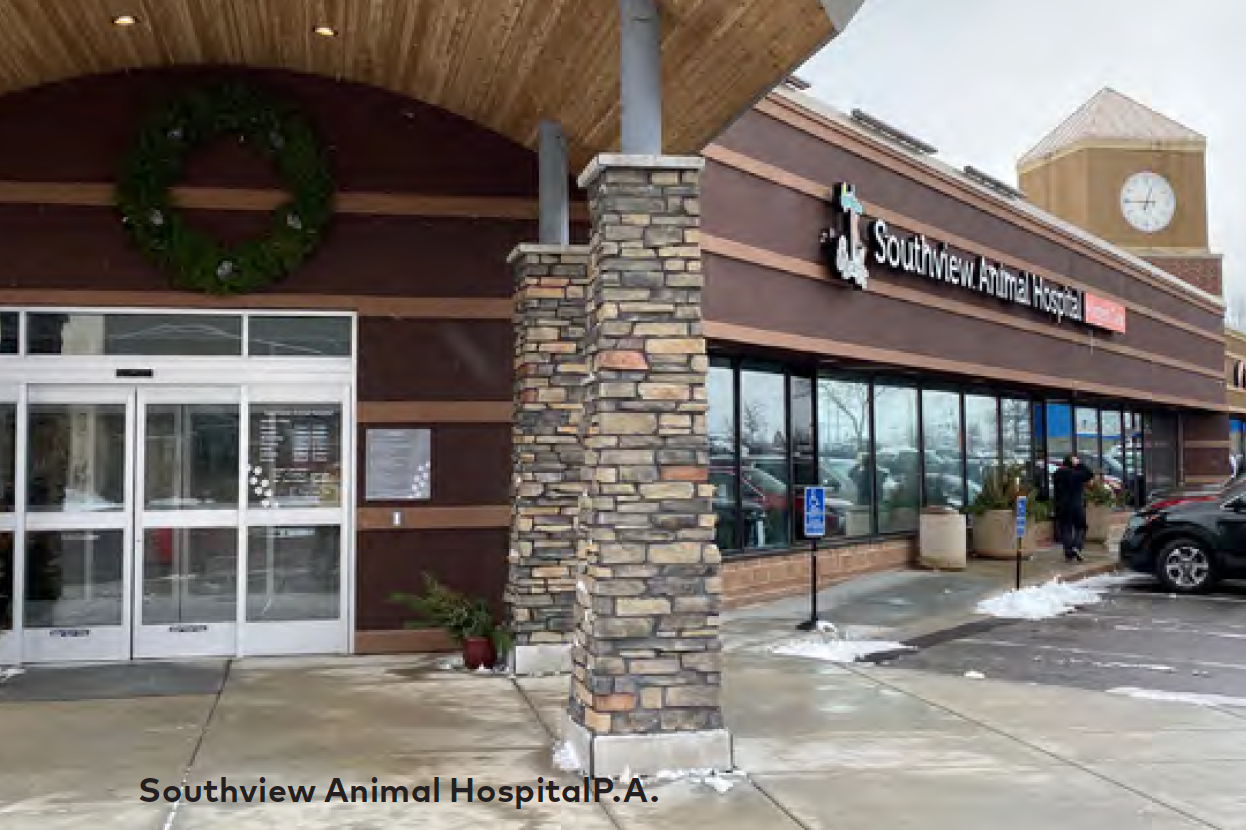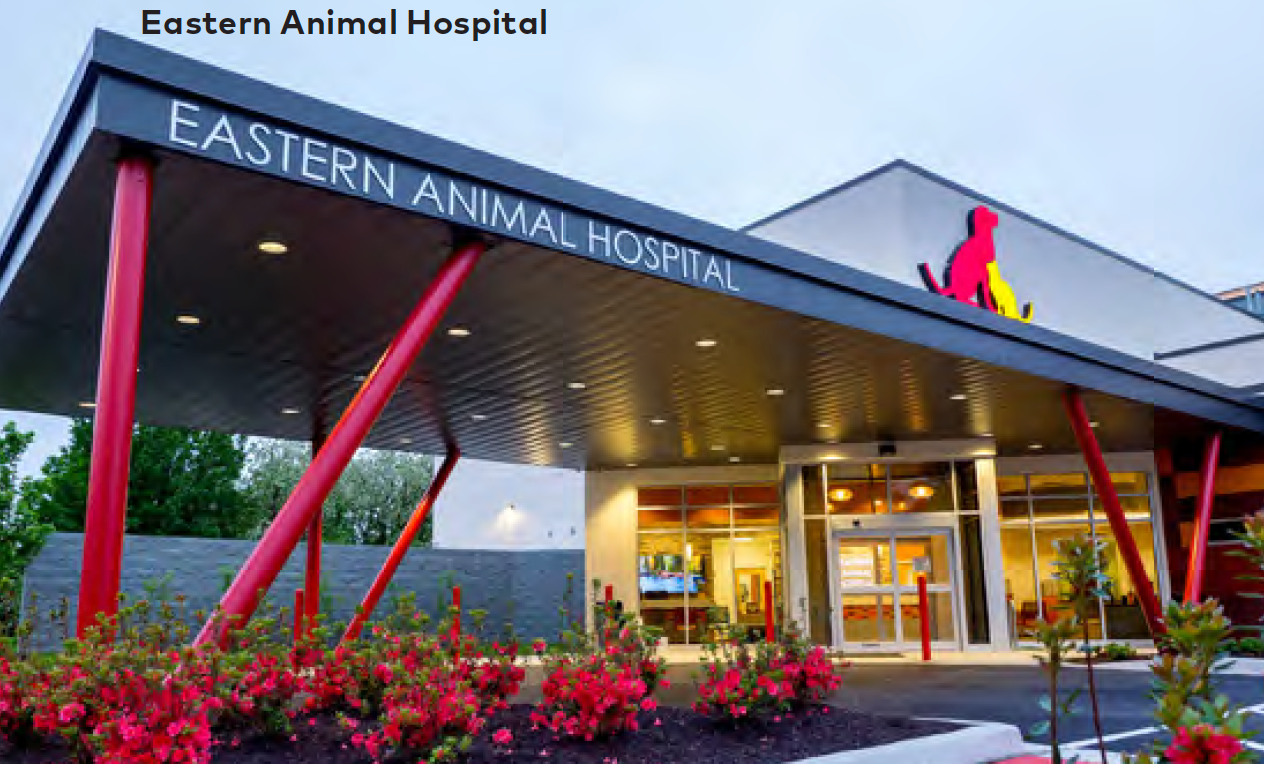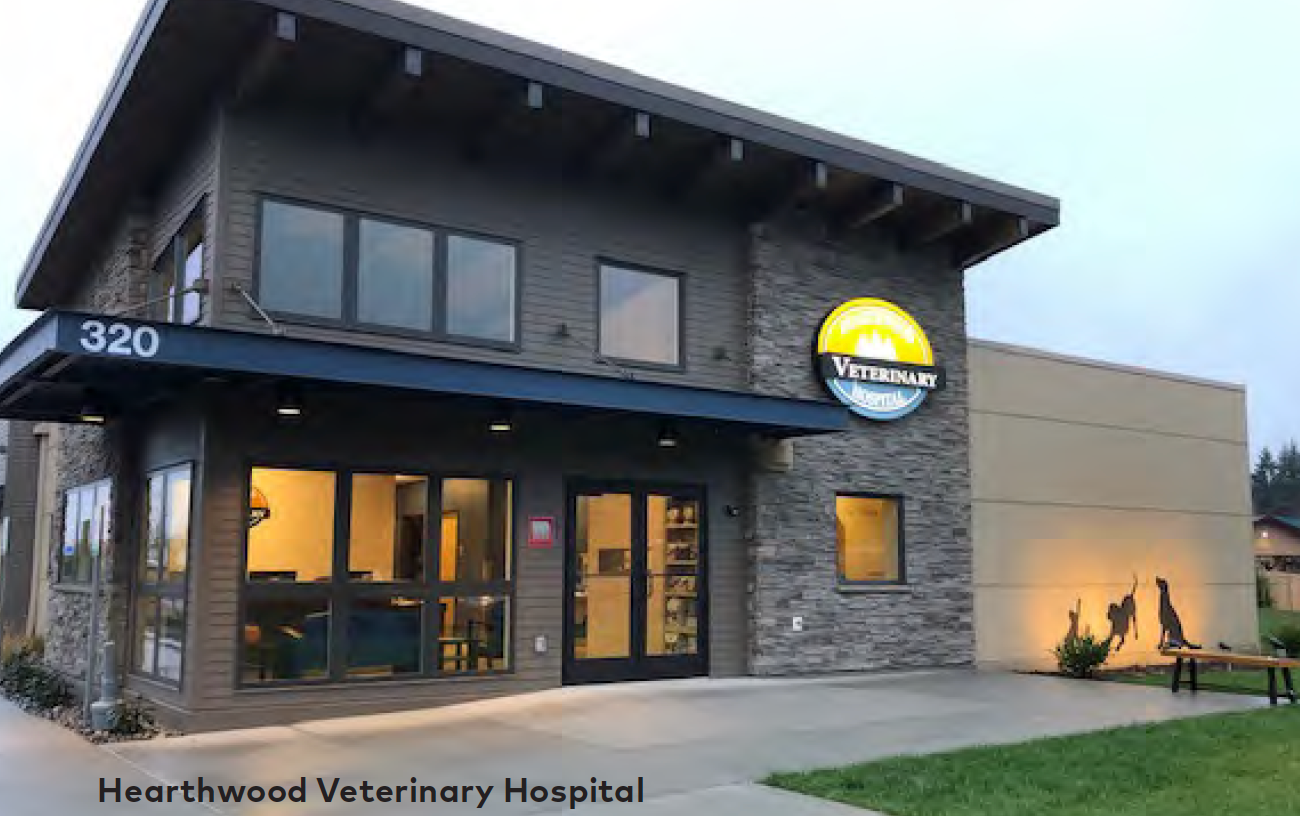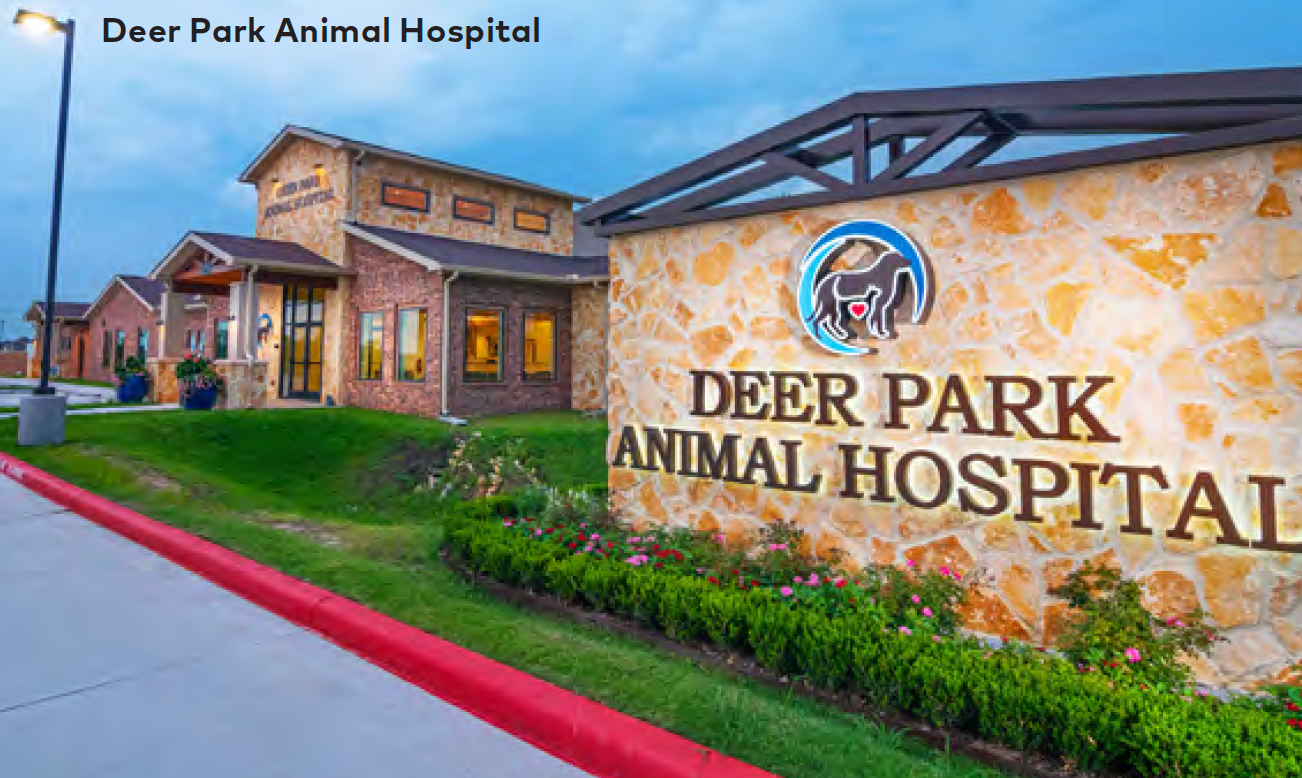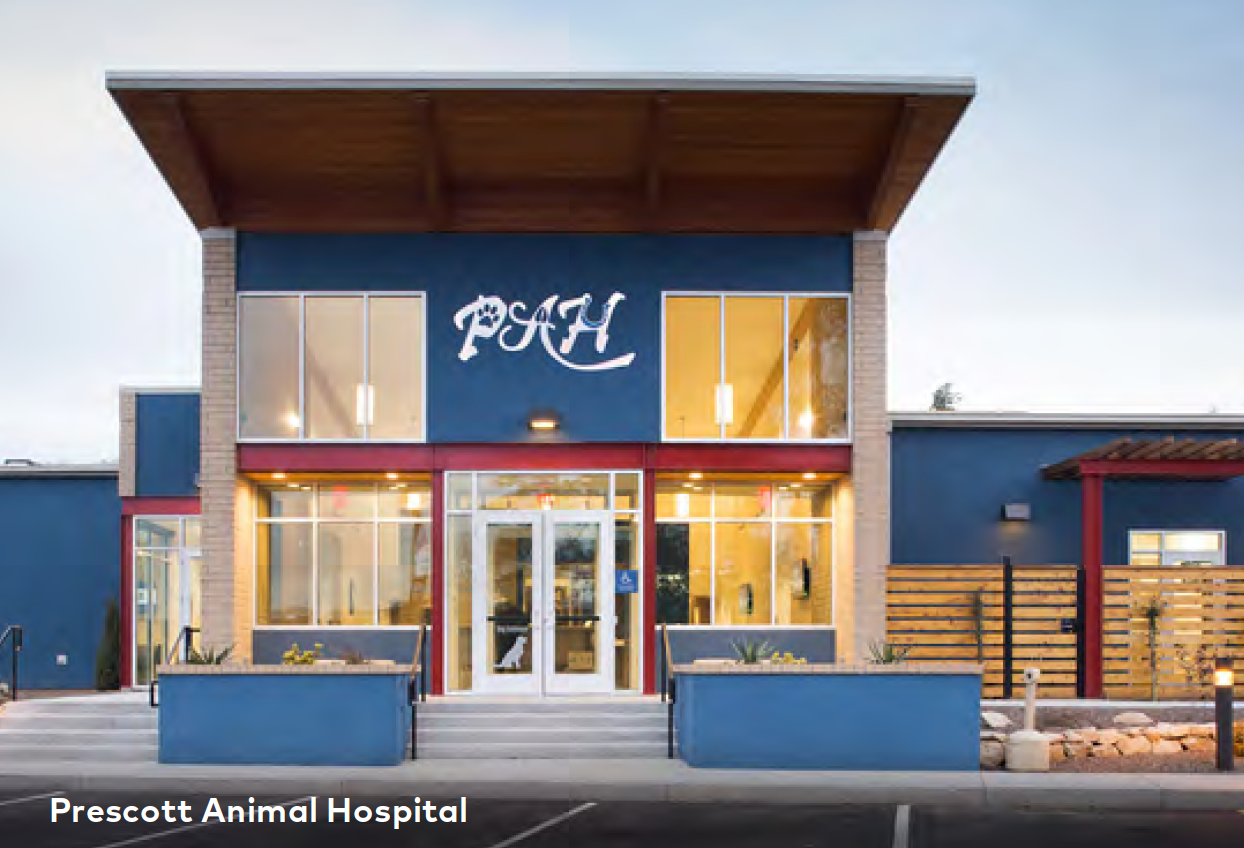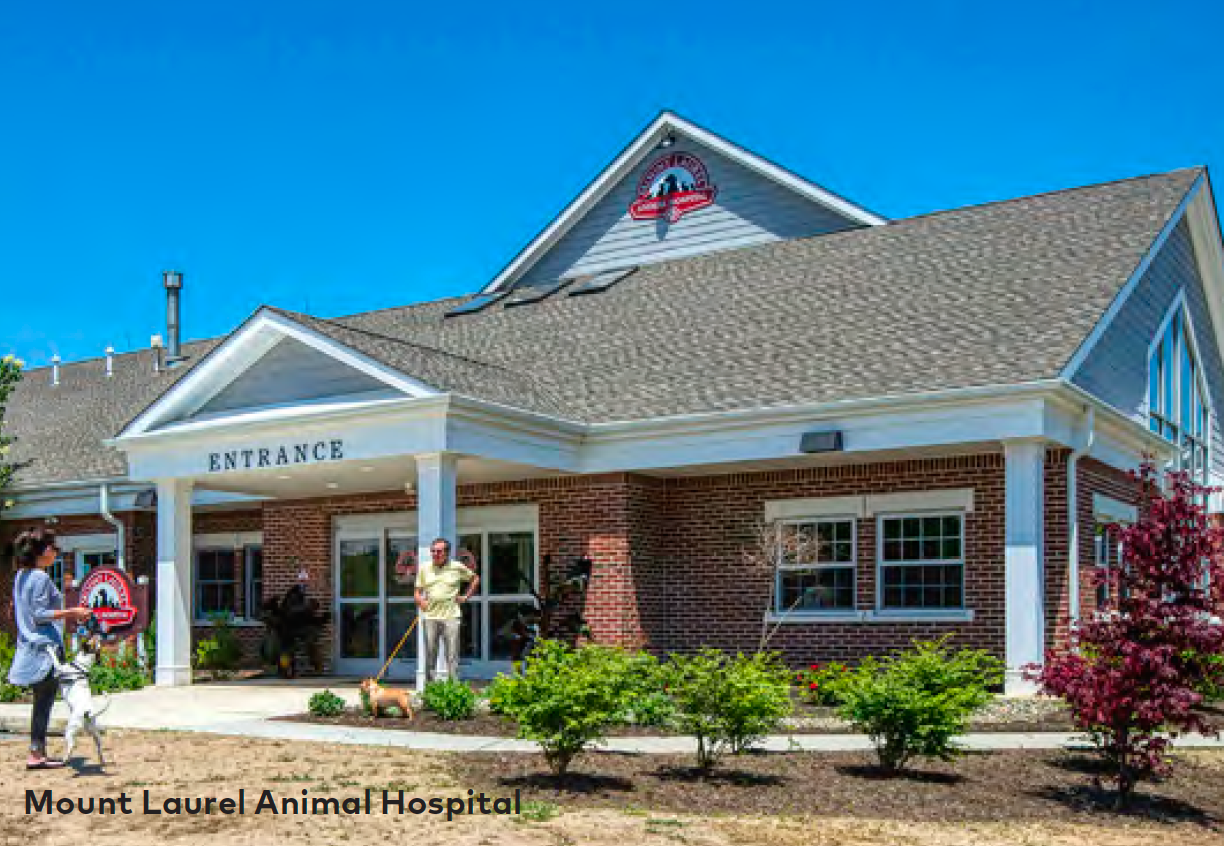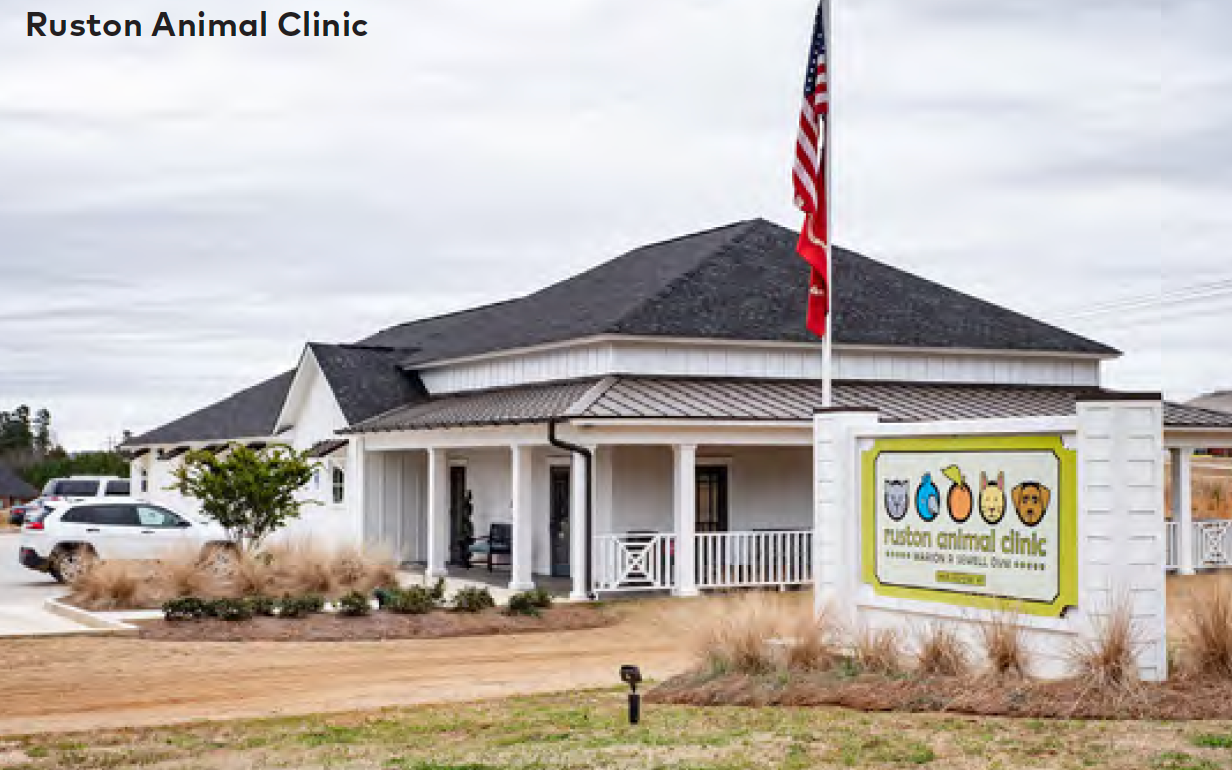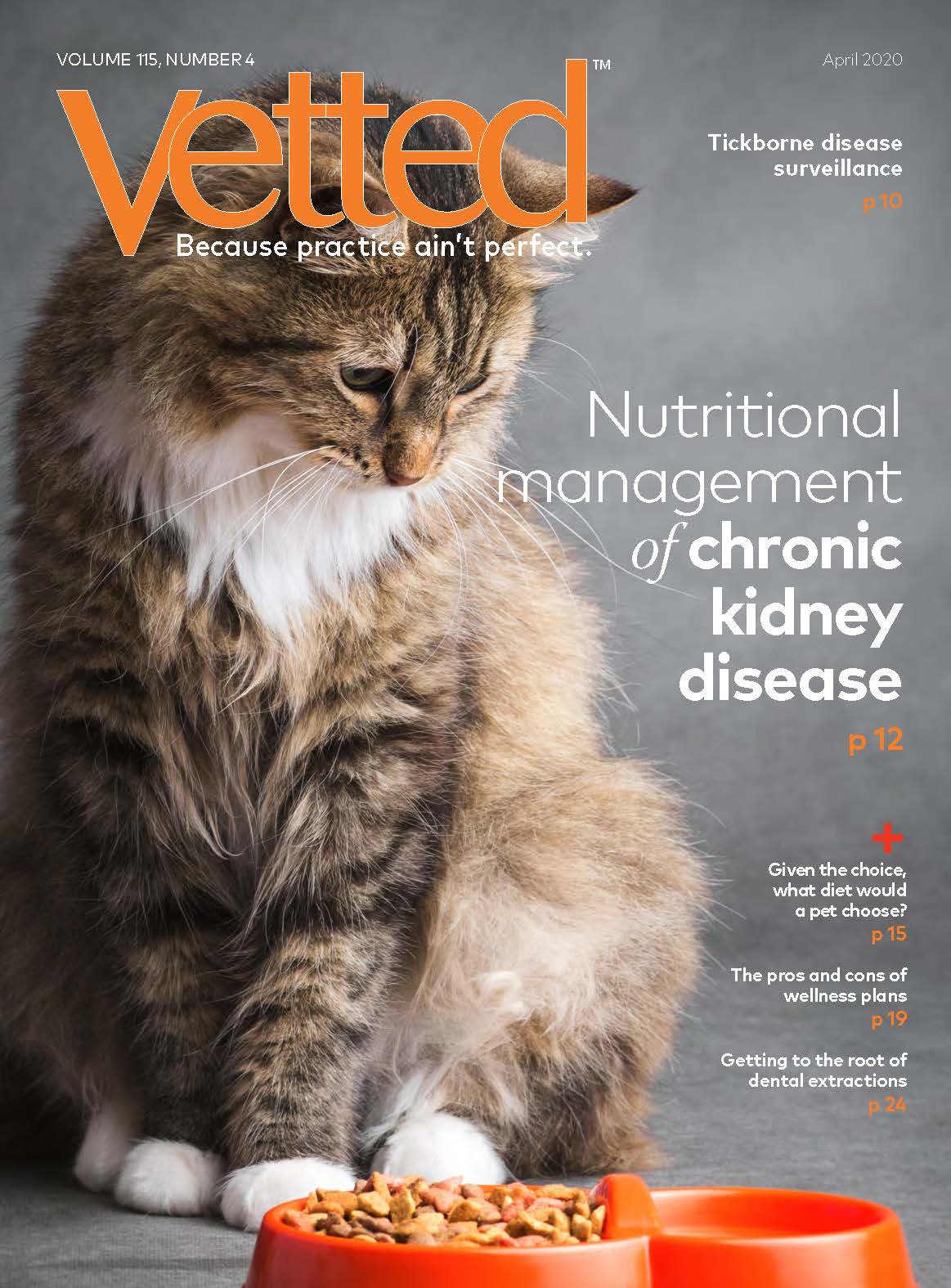As always, the facilities that earned high honors in this year’s dvm360 Hospital Design Competition boast features that improve hospital efficiency, offer an excellent patient and client experience, and are just plain gorgeous. But building or remodeling a veterinary hospital is no easy task, as these practice owners have learned. We asked the owners some of these award-winning hospitals what advice they would offer other veterinarians who are considering building or remodeling. Here’s what they had to say.
Do your research
“The best piece of advice we can give is to conduct a thorough research process,” says Michael Foster, DVM, owner of merit award winner Southview Animal Hospital, P.A., in West Saint Paul, Minnesota. His team also found feedback from peers and the community during the design and construction process to be especially helpful and encourages other clinics to seek as much advice as possible.
“An effective hospital design comes from the heart, and the ability to engage with other professionals, including at the Hospital Design 360 conference, gave us a chance to express our story through the design of our hospital,” he says.
“Be sure you have a robust and realistic budget that considers all categories of the project,” adds Jonathan Kaufman, DVM, owner of Eastern Animal Hospital in Baltimore, Maryland, one of two runners-up in the over-8,000-square-feet category. “Rather than relying solely on the architect or bank for complete cost estimates, do your own research on potential expenses from start to finish so you’re thoroughly prepared before you present a budget to the bank.”
Be organized
Determine specifically what products and equipment you want to incorporate, says Samuel J. Kopman, DVM, owner of merit award winner Hearthwood Veterinary Hospital in Vancouver, Washington. “There are a lot of decisions to make and having a good idea of what you want will make it go easier,” Dr. Kopman says. Another piece of advice: Have a good working relationship with your architect and contractor. “We had weekly meetings with our contractor during the building process,” he says.
More about our winners
We’ll be sharing design and build details for all of the veterinary hospitals that earned awards in the 2020 Hospital Design Competition. Look for articles in future issues of Vetted and dvm360 magazines. For a list of all the winners, click here.
Employ veterinary-specific experts
Many of this year’s Hospital Design Competition winners echo the advice of father and daughter Dale S. Lonsford, DVM, and Charmel Rodick, DVM, who own merit award winner Deer Park Animal Hospital in Deer Park, Texas. “We strongly advise using an architect and builder that have experience and expertise in designing and building animal housing facilities, Dr. Lonsford says. They also recommend having a solid grasp of your budget and letting the architect and the builder know you are serious about staying within it.
Keneth Skinner, DVM, co-owner of the over-8,000-square-feet award-winning Prescott Animal Hospital in Prescott, Arizona, agrees. “A professional veterinary hospital architect will guide you and keep your project going in the right direction. They know what you need, and they know about the things you did not know you needed,” he says. “They help all of your ideas make it to the blueprints and they make every step of the way a little easier. To have a project partner that understands your vision from the beginning is the only way to build.”
A veterinary-specific architect will know the most about animal-specific facilities and materials, says Steve Hotchkiss, DVM, who owns The PARC in Fort Worth, Texas, the second runner-up in the over-8,000-square-feet category.” Believe [your architect’s] estimates for pricing,” he advises. “I was sad that they were right on target. I thought I could build it for less.”
Communicate well
Robert Mankowski, DVM, co-owner of merit award winner Mount Laurel Animal Hospital in Mount Laurel, New Jersey, offers this excellent advice. “Communicate well with your staff regarding updates and progress, and thank them for their patience while building excitement for the new facility,” he says. “Expanding and renovating your practice is a huge adjustment,” he adds, “so expect at least a year to settle in and build protocols.”
Have fun
When asked what advice she would offer to other hospitals embarking on a new build or remodel/expansion, Marion Sewell, DVM, owner of merit award winner Ruston Animal Clinic in Ruston, Louisiana, suggests looking at and visiting as many veterinary hospitals as possible, and paying close attention to materials and floorplans. But above all, she says, “Have fun!”
